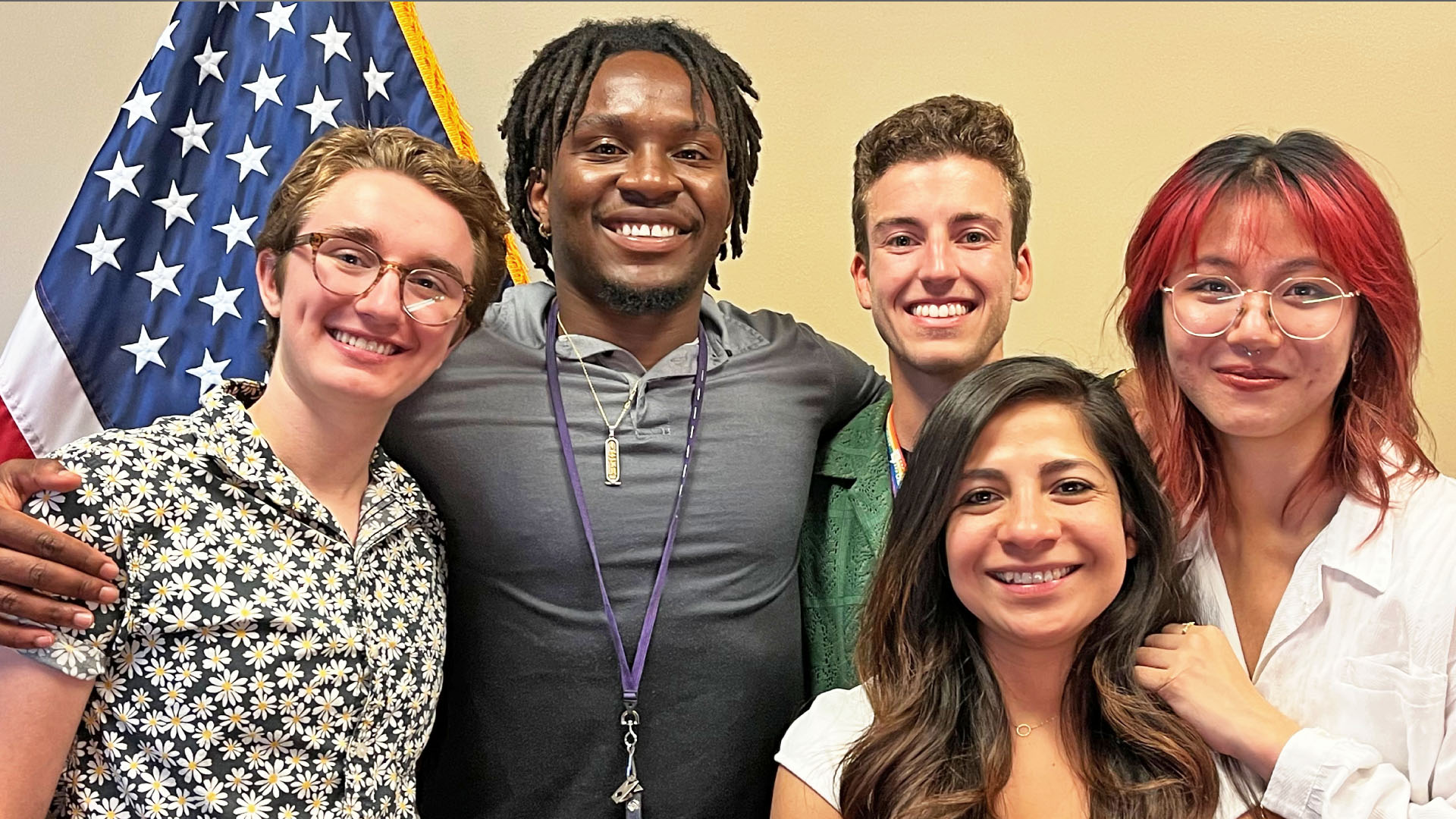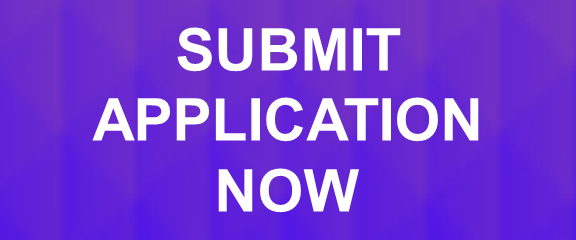MIRECC / CoE
Diversity Summer Research Program | Rocky Mountain MIRECC

DIVERSITY SUMMER RESEARCH PROGRAM
2024 APPLICATIONS ARE CLOSED.
WELCOME
Research needs diverse voices to be representative and impactful.
Suicidal thoughts and behaviors cause suffering for Veterans, their families, and those who care for them. Veteran suicide risk also outpaces civilian rates.
Research provides the key to understanding the multiple causes of suicide and the tools to treat suicide drivers. But to design and implement effective research that represents all Veterans, VA needs to seek out and train diverse investigators. If you are interested in exploring Summer Research Programs sites across the United States, please visit the VA Office of Research & Development (ORD) Summer Research Program website.
We hope you will consider joining our research team. The application form is available here. [Form opens in new tab/window]
ABOUT THE TRAINING PROGRAM

2023 Diversity Summer Research Program Trainees
Our Rocky Mountain MIRECC (Mental Illness Research, Education, and Clinical Center) for Suicide Prevention mission focuses on studying the social, neurobiological, and cognitive underpinnings of suicidal thoughts and behaviors, plus developing promising clinical interventions that may lead to innovative suicide prevention strategies.
We know suicide risk spans across all sociodemographic characteristics. To fulfill our mission, we must then make diversity, equity, and inclusion (DEI) a centerpiece of our training programs. This means thoughtfully supporting research and emerging investigators addressing areas with identified, understudied disparities (e.g., structural discrimination, determinants of health).
Through this paid 10-week Diversity Summer Research Program, Rocky Mountain MIRECC will mentor aspiring new scientists, practitioners, and advocates who reflect the diversity of communities we serve. We also strive to offer you, as an early career scientist, meaningful experiences in suicide prevention research. Together, we can build an inclusive workforce better equipped to tackle suicide and support health.
Our primary objectives are:
- Provide undergraduate students with experiential learning via participation in research activities.
- Reinforce trainees’ intent to graduate with a science degree.
- Develop knowledge and skills through an established curriculum and dedicated project.
- Prepare trainees for admission to a 4-year degree or graduate school program, and/or a career in research.
IMPORTANT PROGRAM DATES
Application Deadline: 2024 APPLICATIONS ARE CLOSED. Preference will be given to applications submitted on or before February 1, 2024. Applications will continue to be accepted after the initial deadline on rolling admission until all positions have been filled.
Program Start Date: May 28, 2024
Program End Date: August 1, 2024
FREQUENTLY ASKED QUESTIONS (FAQ)
Who can apply?
Self-identified member of Historically Excluded Group (HEG). The Diversity Summer Research Program is intended for undergraduate students from groups that are underrepresented in basic and social sciences. Historically Excluded Group (HEG) refers to any group of people that has been historically excluded from full rights, privileges, and opportunities in a society or organization. This term is fluid dependent on time and location. As part of this program, not limited to, but including racial/ethnic minorities, LGBTQ+ identified people, those with disabilities, first generation college students, generationally poor, and students who have overcome significant challenges in pursuit of higher education. Adapted definition from National Institutes of Health (NIH) and National Science Foundation. Undergraduate students who are Veterans are also encouraged to apply.
Eligible participants must be undergraduates enrolled in accredited schools or universities. Preference will be given to students attending Minority Serving Institutions (MSI, opens in new tab/window)
- Alaska Native or Native Hawaiian Serving Institutions (ANNH)
- Asian Pacific and Native American Pacific Islander Serving Institutions (AANAPISI)
- Historically Black Colleges (HBCU)
- Hispanic Serving Institutions (HSI)
- Native American Serving Non-Tribal Institutions (NASNTI)
- Predominantly Black Institutions (PBI)
- Tribal Colleges and Universities (TCU)
Trainees must:
- Be an enrolled undergraduate student during the summer of 2024. Students graduating Spring 2024 are not eligible.
- Be in the United States in Spring 2024 to complete Federal vetting and onboarding processes.
- Be a United States citizen.
- Have at least a 3.0 GPA or higher.
- Have taken at least 1 course in: allied health sciences, research methods, or statistics.
Where will trainees live and work?
Trainees will carry out their summer research training program at the Rocky Mountain Regional VA Medical Center, located in Aurora, Colorado. For trainees living outside of the Denver area, housing options are available.
How much is the stipend?
Trainees will be paid as a GS 3-1, or approximately $18/hour, and work 32 hours per week for 10 weeks between the months of June and August. Housing is also provided.
What are the program requirements?
80% of activities will be focused on research while 20% will be dedicated towards didactics and mentorship.
- Trainees will be required to complete and present on a research project that will be supported by their research mentor.
- Trainees will be required to attend a weekly didactic series on the following topics: Career Development, Fundamentals of Research Design & Implementation, VA 101, Suicide Prevention 101.
- Trainees will participate in other research activities which may include: systematic reviews, manuscript preparation, visual abstracts, creating an academic poster.
- Trainees will participate in other learning activities such as: MIRECC Research Day, Community Mental Health Summit, MIRECC Journal Club, Grand Rounds, and Bridging the Divide Suicide Prevention Summit.
See below for more information on available mentors and projects.
APPLICATION PROCESS
How do I apply?
Eligible trainees must be undergraduates enrolled in accredited schools or universities. Preference will be given to students attending Minority Serving Institutions (MSI) [Alaska Native or Native Hawaiian Serving Institutions (ANNH), Asian Pacific and Native American Pacific Islander Serving Institutions (AANAPISI), Historically Black Colleges (HBCU), Hispanic Serving Institutions (HSI), Native American Serving Non-Tribal Institutions (NASNTI), Predominantly Black Institutions (PBI), Tribal College (TCU)]. Reference this Department of Education website list of schools (opens in new tab/window) enrolling undergraduate minority students to help you identify if you meet this criteria.
• Applicants must have at least a GPA of 3.0 or higher.
• Applicants must self-identify as a member of a Historically Excluded Group (HEG).
• For consideration, all applicants must submit the following:
◦ Resume
◦ Current Academic Transcripts. Transcripts must reflect at least having received credit for 1 or more courses in: allied health sciences, research methods, or statistics.
◦ 1 Letter of Recommendation from academic advisor, mentor, professor, or employer who can speak to:
▪ Applicant's ability to succeed in the program, academically and socially.
▪ Applicant's potential for graduate level studies and research.
▪ Applicant's maturity, motivation, and ability to work independently.
◦ Essay 1 (250 words max): As a person who identifies as a member of historically excluded group, what challenges and barriers have you overcome in your pursuit of higher education?
◦ Essay 2 (250 words max) What are your career goals? What do you hope to gain from this program? How would this program help you in your personal growth and professional growth?
What is the application deadline?
2024 APPLICATIONS ARE CLOSED. Preference will be given to applications submitted on or before February 1, 2024.
The program starts May 28, 2024 and ends August 1, 2024.
How do I submit my application?
Apply using the application form! The application form is available here. [Form opens in new tab/window]
When will decisions be made?
Decisions will be made on a rolling basis. Preference will be given to applications submitted on or before February 1, 2024. Applications will continue to be accepted after the initial deadline on rolling admission until all positions have been filled.
MENTORS AND PROJECTS
Mentors by key areas of suicide prevention expertise
Below are the 2024 faculty mentors for the Diversity Summer Research Program and their research topics.
- Claire Hoffmire, PhD - Epidemiology and Surveillance of Veteran Suicide and Non-Fatal Suicidal Self-Directed Violence, Gender Differences in Veteran Suicide Risk and Gender-Sensitive Suicide Prevention Strategies, Social Determinants of Suicide Risk
- Ryan Holliday, PhD - Intersection of Trauma and Life Stressors such as Homelessness and Justice Involvement, Evidence-Based Care, Suicide Prevention for Underrepresented or Underserved Populations
- Lindsey Monteith, PhD - Suicide Prevention among Women Veterans, Survivors of Military Sexual Trauma, and Asian American, Native Hawaiian, and Pacific Islander Veterans
- Daniel Reis, PhD - Circadian Rhythm Health, Light-Based Interventions, Sleep Disorders, Digital Biomarkers
- Joseph Simonetti, MD, MPH - Health Services Research, Risk Assessment, Lethal Means Safety
Who can I contact with questions?
Please reach out to our Internship Training Director Dr. Samantha Hack at Samantha.Hack@va.gov.
FUNDING
This program is funded by VA’s Office of Research & Development (DEI-SRP-006-22S).
Last Updated 20 March 2024




















